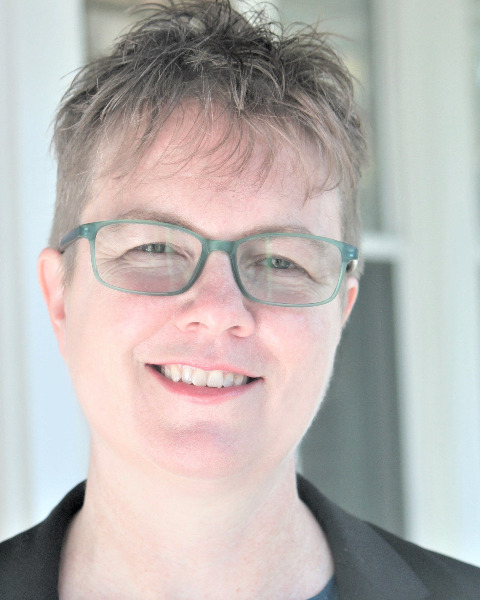Democracy and Governance
It’s a different story: assessment and evaluation with social movements
-

Laura Adams, PhD
MEL Director
Pact, United States -

Irit Houvras
Vice President for Strategic Learning, Research and Evaluation
AJWS, United States -
SS
Sarya Sok, n/a
Acting Team Lead, Applied Learning and Evaluation
State Department, Bureau of Democracy, Human Rights, and Labor; Office of Global Programs, United States
Chair(s)
Presenter(s)
Location: Room 102
Abstract Information: Evaluators often work with programs that are implemented by formal organizations during a discrete period of time. However, in looking at the history of social change, organizations are often just one part of a social movement. Movements with their informal and transient ties produce social change not on the timeline of a grant, but in relation to sequences of opportunities, actions, and public responses in the broader context. How do evaluators approach assessing and evaluating social movements, with their very different structural and temporal dynamics? This roundtable will review how one participatory reflection tool has been iteratively adapted to address these differences. This tool was designed to support social movement actors and allies, including funders, to better think through who is participating, how the movements are led, how they have – or haven’t – achieved their goals, and how funders and evaluators can best engage with social movements. By centering social movements in telling their own stories, we recognize the critical role of movements, activism, and grassroots organizing to change dominant narratives and the course of history. Focus questions for the discussion will include: 1) How is working with social movements different from working with grantees who are formal organizations? 2) How do standard assessment and evaluation approaches do a disservice to movements? 3) What are ways evaluators can better support movements to develop their strategies and tell their stories using data?
Relevance Statement: Social movements are the drivers of significant social and political change around the world, yet both funders and evaluators struggle to engage with movements, which resemble shifting informal networks more than enduring formal organizations. This tension has been at the heart of several international development discussions and recent funding opportunities over the last several years. In 2016, American Jewish World Service (AJWS) developed and launched a tool for funders to better understand the strength and health of social movements for democracy and human rights. Since 2019, the tool has been iteratively reviewed and adapted to support not only funders but also directly support social movement actors – AJWS grantees engaged in progressive social movements in Africa, Asia, Latin America and the Caribbean. To inform and support this work, AJWS has also convened a community of movement actors, funders, academics, and allies who are committed to the role of social movements and everyday people’s organizing in reshaping society. The panelists on this roundtable believe that evaluation, particularly through supporting and facilitating collective reflection processes, is key to strengthening social movements, building people’s power, and supporting transformative change through more effective storytelling. These movements are expansive, constantly changing, and comprised of large, diverse groups of people who may take different roles over time, conditions which require distinct strategies for evaluation. By creating space for reflection through a framework for social movement actors and supporters to take stock on the state of the movement, we have seen that facilitating systematic reflection on different aspects contributes to movement health and the achievement of their goals. Both the design of the tool and the accompanying participatory methodology can provide a useful framework for questioning the role of funders, evaluators and evaluation related to the work of social movement actors. Moreover, by exploring a tool that allows movements to essentially evaluate themselves, these tools and convenings put storytelling back in the hands of the most directly impacted – flipping the script so that grassroots organizers and activists tell their own stories. This framework invites movement actors, allies and funders supporting movements to reflect on the power structures that drive and inform evaluation, strategy development, and adaptation.
